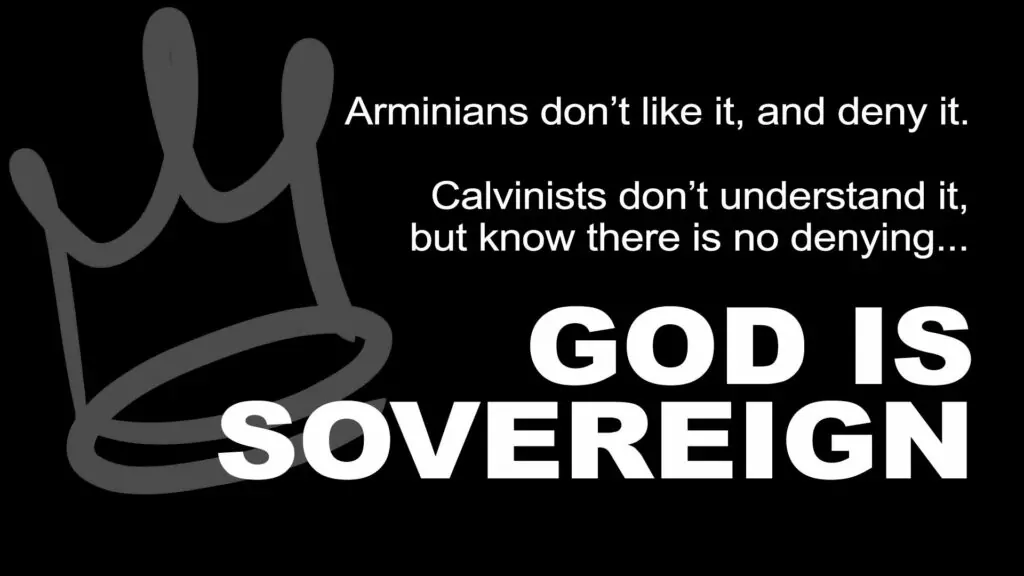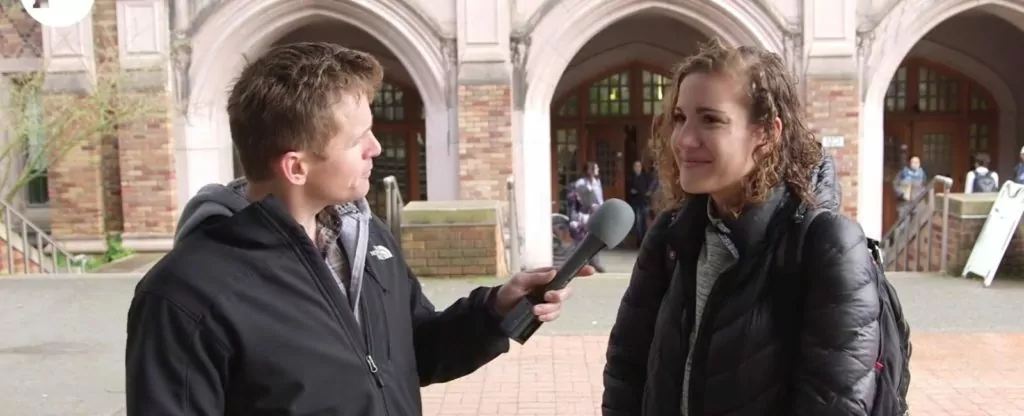Hopefulness is a skill we can learn, because… God
*****
Doomerism: despair and apathy caused by a disbelief that anything can get better; most often used with regard to global warming, lack of positive social change, and the risk of AI takeover.
– as defined by Wiktionary
I am shocked at how much optimism has died just in my own lifetime. I didn’t even realize the cultural atmosphere in my childhood was particularly optimistic – it was just “normal” to me. But compared to the current atmosphere, with the oppressive worries of natural disasters, new diseases, social tension, authoritarian governments, and renewed nuclear threats, the previous decades take on a rosy hue.
Why do so many people, especially young people, feel an impending sense of doom? It’s less about our current circumstances, and more about the loss of hope for the future. We might be all right at the moment, the feeling seems to be, but we’re just hanging in there. Who knows how long we’ll be able to hang in there for?
You might argue that this is worldly thinking. Climate change, authoritarianism, social issues are all things “the world” is concerned about. But I can relate to feeling like my actions and decisions are pointless, my life is going nowhere, and that the future looks bleak. I have had times in my life where I felt paralyzed, like anything I did would likely lead to doom.
It turns out that being hopeful takes a lot of effort sometimes. And when the world around us persistently sends messages about how bleak everything is, about how young people are worse off than their parents’ generation, and how disaster looms on the horizon, it feels even harder to go against the flow.
But as Christians, shouldn’t we know how to hope? Yet Christian discussions can also be full of how the world is getting worse. Christians are worried about what will happen to their families and their churches. And so, hopefulness becomes a hard skill for us to learn.
How do you learn to have hope for the future? Here are a few perspectives that have helped me along the way.
1. Don’t miss the big story by obsessing on the details
One helpful way I’ve found to think about the future is to remind myself that I already know the ending, and that ending is a happy one. The day-to-day right now might look like it inevitably leads to doom and gloom, but I know that’s not the big picture. I just need to zoom out enough to see the whole big story, and see that I’m just in a small part in the middle of it. I’m muddled down in the details, but a detail isn’t the whole story. And the best way to remind myself of the big story is to read the Word of God. That’s where we hear the end of the story and are reminded about who’s writing it.
Ok, ok, you might be thinking, that’s the big picture, but I still feel hopeless about my life. I might know in the end everything will turn out all right, but I still don’t feel capable of doing anything right now. I still feel like the current circumstances make whatever I do seem pointless.
It’s true, it can be hard to connect what we believe to how we feel. Sometimes we know something, but we still feel anxious or paralyzed. But this means that it’s worthwhile examining what story our feelings are buying into, if we feel that way. We might not realize the degree that we’re accepting other people’s narratives about our lives.
2. No, the pessimists don’t know it all
You might be sitting at home, doomscrolling on your phone, and some talking head on TikTok pops up bringing all these facts together: while wages in Canada have increased by 74.3% since 2003, housing prices have increased by 227%. Add to that the information that Canada’s population has also increased during this time, and that housing starts have struggled to keep up with the demand. Your heart sinks. You weren’t thinking about when you’d be able to afford a house before that moment, but now you’re convinced you never will. What’s the point of going to work tomorrow?
And that’s just one example. It doesn’t take much time online to find theories about why Gen Z, or millennials, or whatever generation is doomed – why they will never get married, or afford a house, or be able to have children, or ever retire. These theories all seem so airtight, based on facts and statistics laid out in a logical fashion, with each piece of data leading to the next.
But life is not so airtight. These theories are not prophecies about your life. Perhaps some of the stats and data might be useful for bureaucrats trying to understand social conditions, but when they become reasons for you to give up on life, they’ve left the realm of usefulness.
We’re often skeptical of mainstream media narratives about politics and the environment, but somehow this kind of data can sneak into our brains. Sometimes it starts off being comforting, because it explains why we’re not quite where we want to be in life yet. It’s not us, it’s just our circumstances. But an inescapable path of doom unfolding beneath your feet doesn’t help you in the long run; it paralyzes you.
What will help?
Stop listening to these voices. No one theory can take into account all the information available – each tends to cherry-pick facts that fit. Online influencers and writers and videos tend to emphasize the negative narratives because that’s what gets clicks. And no theory can predict the unexpected event that changes everything and throws all accepted theories into chaos (sometimes known as a black swan event). The world is not predictable, and events that don’t fit the theories do happen (and disprove the theories). So why base your life on one of those theories?
3. Learn from history as it actually was
When my grandma was a young woman in the Netherlands, World War II started and all the young men left town to join the army. She didn’t think it was likely she would get married. Then she met my grandpa, who was a resistance fighter. After the war, they wanted to get married, but so many houses had been bombed in the Netherlands that there was nowhere for them to live.
We can look back on the past with nostalgia – “in the 1950s you could support a family on one income!” But we don’t remember all the times that a future didn’t look possible for them back then, all the times when, logistically, there was just no one around to get married to, or statistically there were zero homes for newly married couples to live in, or that the “better life” looked a lot harder than the old life.
Maybe life doesn’t give us “optimal conditions.” Sometimes “doing something” really looks like doing the impossible. My grandma just kept taking the next step, even if circumstances didn’t look great. After all, nothing is impossible with God.
So don’t base your life on disheartening statistics. Instead, why not base your life on the Word of God?
4. Trust God with the future
God loves you, and He didn’t design your life as a kind of trap you can’t escape. But He also doesn’t reveal our life paths to us before they happen. He calls us to trust in Him as we walk in His ways:
“Your word is a lamp to my feet and a light to my path” (Ps. 119:105).
In other words, God hasn’t shone a spotlight on your destination, but He does light your feet as you take each step. You are part of a big story, but your part might not include our society’s preferred narrative of buying a home to fund your retirement, or finding the one career where you can make a meaningful impact. Or, who knows, maybe that will be part of your story one day. But the fundamental thing to hold onto is that you are a part of the story God is telling, and this means your life has meaning.
What does knowing this do for us? It means we don’t have to be paralyzed. It also means we don’t have to see what will happen to us before it happen, even though we think predicting our future will make us feel better. We don’t need to add up all the facts together to predict our future and come to a negative conclusion (“there’s more women than men in the average church I attend, therefore the likelihood of me finding a husband is less than…”). God doesn’t work according to statistics. God doesn’t stop working out His plan because forecasters say most millennials won’t be able to afford a house. He will do whatever His will is for your life. The question is, are you open to that?
5. Trust Him one step at a time
Can you keep taking the next step God lays in front of your feet, and the next step, and the next step, without always knowing where it will go? Can you find the courage to try things that are a little scary for you, if He calls you to them? Sometimes moving forward in life feels like plunging into the unknown, into something that could go terribly wrong (because any momentous choice in life could go terribly wrong) but with the willingness to try and see what God will do with your life.
It’s easy to say, just do something, but doing something come with risk. We can take actions that make us suffer, we can make wrong decisions, we can do the wrong thing. That’s what scares us, and makes us paralyzed. The reality of risk feeds our paralysis. But to begin to exercise our faith and trust in our God Who is bigger than us, we do have to step out and learn to leave what’s out of our control up to Him.
The Bible is full of examples of people stepping out in faith and leaving the future up to God. There is Abraham, who “went out, not knowing where he was going… to live in the land of promise, as in a foreign land” (Heb. 11:8-9). People did not live their lives by theories or statistics: “By faith Sarah herself received power to conceive, even when she was past the age, since she considered him faithful who had promised” (Heb. 11:11-12).
And in the face of our fear of the future we can still act:
“In the morning sow your seed, and at evening withhold not your hand, for you do not know which will prosper, this or that, or whether both alike will be good” (Eccl. 11:6).
We’re urged in the Parable of the Ten Talents, and in Proverbs, to do the work in front of us. But we’re also urged to leave the results up to God.
“Unless the Lord builds the house, those who build it labor in vain. Unless the Lord watches over the city, the watchman stays awake in vain. It is in vain that you rise up early and go late to rest, eating the bread of anxious toil; for He gives to his beloved sleep” (Ps. 127:1-2).
So let go of what you can’t control. God isn’t calling you to navigate what’s out of your hands. And then do your part. Take steps in what areas you can do something. This is the only place to start.
Conclusion
Hopefulness isn’t a journey we can travel on our own. We can’t always formulate or speak the positive story to ourselves, and others can come alongside us to tell us their own stories of God’s work in their lives. If you’re feeling hopeless, reach out and talk to someone you trust.
But at the same time, lean into God and His Word. He can contradict and counteract the negative narratives from culture that surround us every day. He can give us hope when the world claims it is dark. And we know His promises to us never fail.












